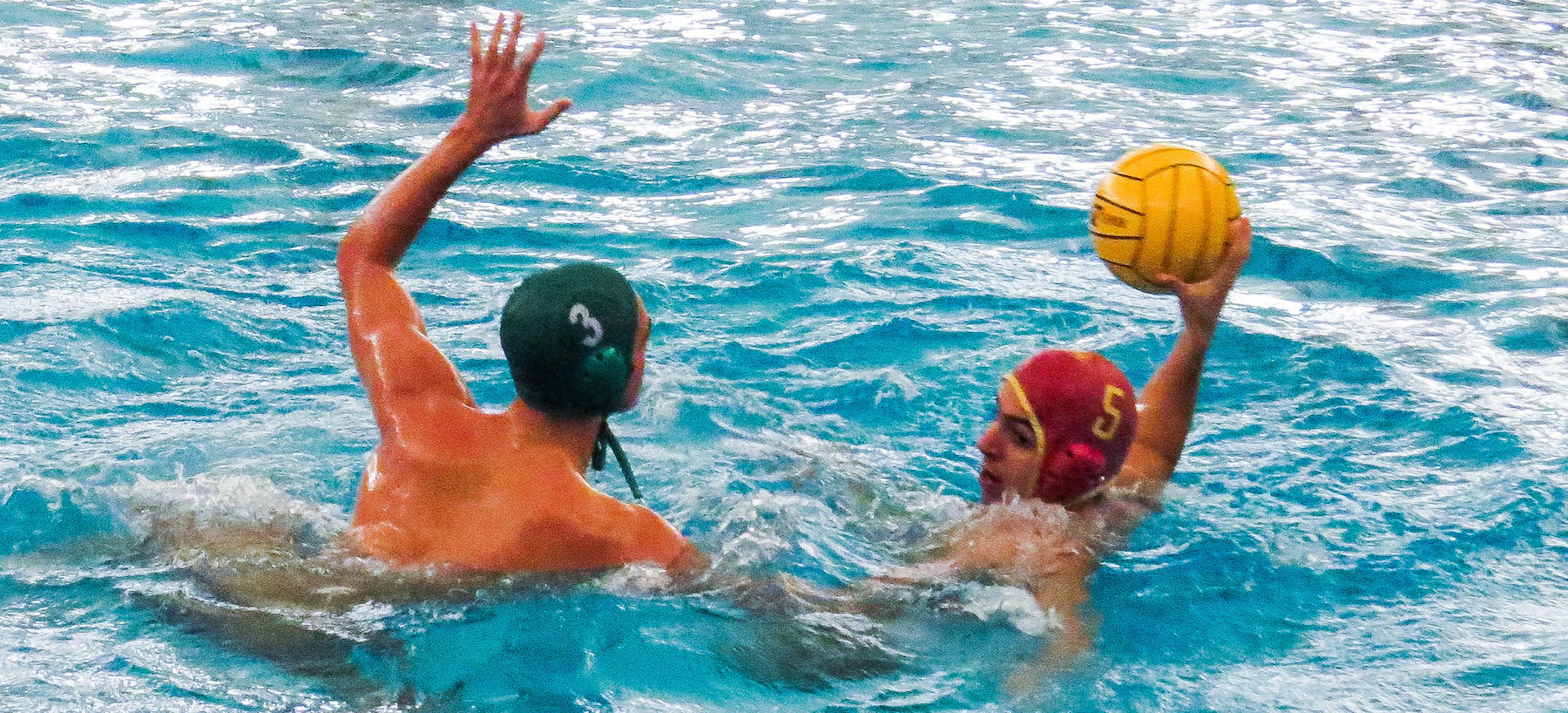If you played sports in high school, you are among a massive chunk of American students, as according to NCAA statistics, nearly eight million students currently participate in high school athletics. However, while many of these students have dreams of collegiate sports, professional athletics and even the Olympics, only 460,000 students will move past high school into NCAA sports. Fortunately, the camaraderie, enjoyable exercise and discipline sports provide are still available to college students on less competitive levels. DU students should participate in club and intramural sports because this athletic outlet not only benefits individual students, but DU as a whole by way of a sense of community, involvement and general health.
At DU, intramural and club sports allow students to participate in team sports they may have formerly participated in. DU’s student programs page describes club and intramural sports as the opportunity to utilize prior athletic experience “to develop leadership, budgeting, and teamwork skills.”
Amy Rask is the student programs manager who oversees club and intramural sports. She explains that participating in collegiate sports programs prove worthwhile to students everywhere.
“Overall wellness is sometimes difficult to maintain and balance as a college student, but sport opportunities provide an outlet for that,” said Rask. “Studies show that being involved in these types of programs helps with student retention. It gives students a place on campus to be a part of.”
Club and intramural sports not only provide individual benefits, but they allow students to collectively feel a sense of belonging, an aspect of college that is often overlooked.
An important aspect of athletics is their ability to form well-rounded individuals. The term “student athlete” warranted respect in earlier education as it proved someone’s ability to manage time and balance responsibilities. Therefore, club and intramural athletes believe such a term should not be uncommon in later education. Fourth year strategic communications major, Lauren Van Soklerma, has played Club Tennis throughout her time at DU, and explained the program’s importance in her; “It gave me the opportunity to have a leadership position in college as well as play a sport I love.”
She also recognizes the role sports play in the more broad skills they provide.
“It’s healthy to keep a generally competitive edge. Not only is playing sports physically good for you, it’s mentally healthy to meet people with common interests,” said Van Soklerma.
A multitude of students come out of high school with a strong athletic background, and while they aren’t able to play NCAA athletics, many are used to competing at high levels and do not want to lose this important aspect of their life.
Fourth year history major, Stephanie Thompson, is currently president of Club Water Polo as she has diligently kept up with the sport for the past four years. “Water polo has been one of the bigger parts of my college experience as it’s something that makes me feel good and accomplished as well as something I really enjoy,” said Thompson. Coming from a military family, sports were always important to her. “My family moved around a lot, so playing sports helped me make friends and be a part of a team, which made team sports really special to me in that way,” said Thompson.
The leadership aspect of the experience also makes recreational college sports beneficial to other aspects of a college student’s professional life. “It’s taught me a lot of leadership skills, such as learning how to get people on the same page and budget that I wouldn’t have gotten otherwise,” said Thompson. She describes her club sports experience as being “a mix of everything.”
“I think it’s really important and special that way,” she said. “And that if something interests you, you should really go for it.”
The list of benefits of club and intramural sports is a mile long, ranging from getting involved to increased confidence, and involving physical, mental, and professional benefits. While not everyone considers themselves athletic, everyone can find an activity that works for them.











